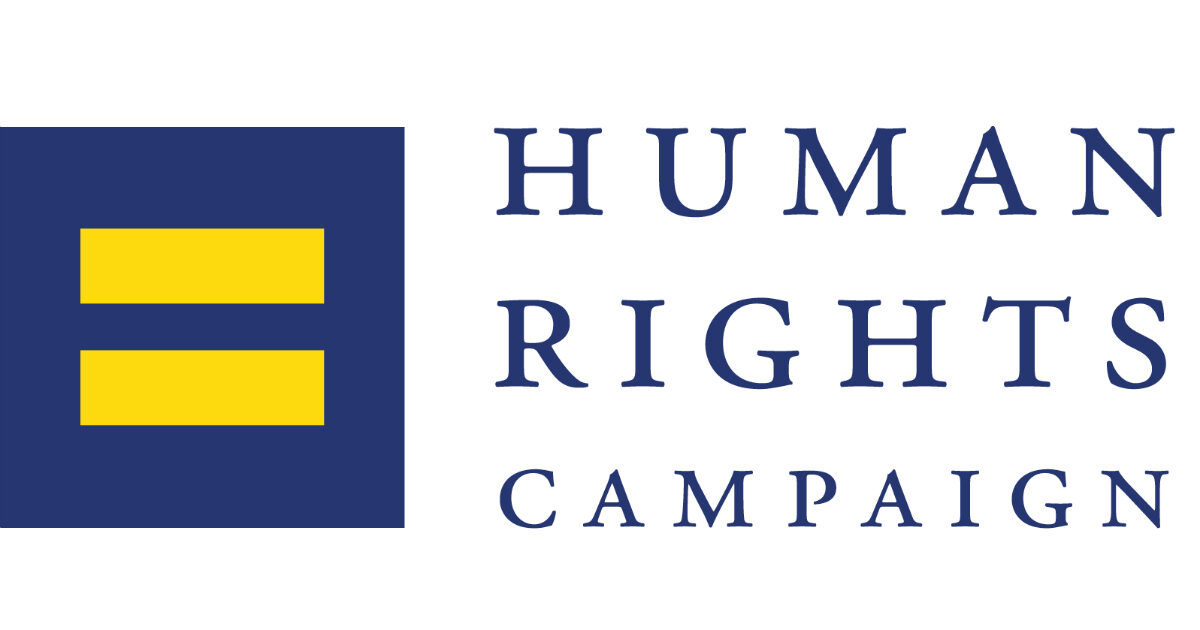Antwort Is Ross an ethical company? Weitere Antworten – Was Ross against utilitarianism
Ross strongly opposes this view, although it should be pointed out that he doesn't argue that ideal utilitarianism is completely wrong. He simply says that it is counter-intuitive (that is, contrary to common-sense ethics) and incomplete.One problem the deontological pluralist has to face is that cases can arise where the demands of one duty violate another duty, so-called moral dilemmas. For example, there are cases where it is necessary to break a promise in order to relieve someone's distress.Ross argues that his theory is preferable to utilitarianism because it squares better with what he calls “the moral convictions of thoughtful and well‐educated people.” According to Ross (1930), the moral convictions of thoughtful and well‐educated people constitute a kind of data against which moral theories must be …
What is Ross’s moral theory : Ross's substantive moral theory—his theory of the content of morality—exhibits a distinctive type of pluralism. It is a pluralism about what makes right actions right: a view of the structure of morality according to which there is more than one fundamental right-maker. This is attractive in various ways.
What is Ross ethics
The ethical theory of W.D. Ross speaks to several moral obligations and reflects common-sense moral commitments. Ross devised seven categories of what he called prima facie duties, with a person's actual moral duties dependent on relationships and context.
What is Ross’s duty ethics : Duties. In The Right and the Good, Ross lists seven prima facie duties, without claiming his list to be all-inclusive: fidelity; reparation; gratitude; justice; beneficence; non-maleficence; and self-improvement. In any given situation, any number of these prima facie duties may apply.
Prima facie duties are moral actions that are required unless a larger obligation comes along. We all have moral duties to uphold and sometimes they can contradict one another. According to W. D. Ross, these obligations can be categorized by type such as gratitude or justice.
Possible objections to Ross's theory (considered by Ross):
Ross's list of prima facie duties is unsystematic and follows no logical principle. Ross's reply – The list is not claimed to be complete; it is claimed only to be accurate as far as it goes.
What is regret according to Ross’s theory
According to Ross's theory, regret is. Evidence that something of value has been sacrificed.Ross's Deontology (RD): An action is morally right if and only if (iff) no alternative to this action is a more stringent prima facie duty. (In other words: An action is morally right iff it is our duty all things considered (or, our unconditional duty).)Nonetheless, there can never be a true ethical dilemma, Ross argued, because one of the prima facie duties in a given situation is always the weightiest, and over-rules all the others. This is thus the absolute obligation or absolute duty, the action that the person ought to perform.


